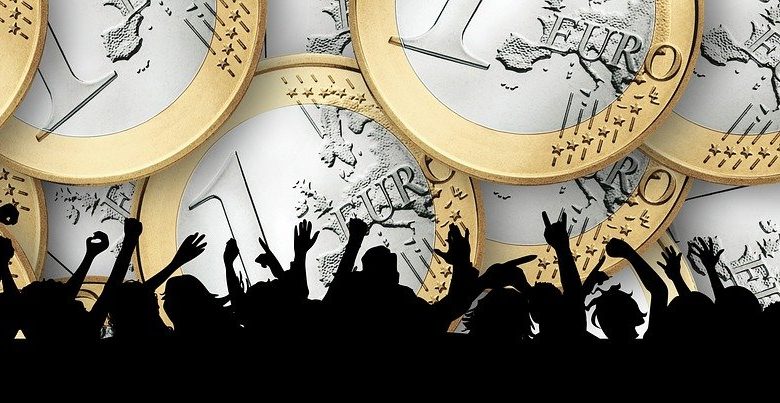
Bob De Brabandere believes that gay people are safer in Hungary than in Brussels.Continue reading

Hungary used to protect its markets from shopping-tourism during the days of communism by introducing strict border-controls both South and North. Romanian citizens from the South could barely enter the country, while at times even Czechoslovakian visitors could enter Hungary only twice a year, and any food products found on them on their way back were confiscated by customs officers.
Communist leader János Kádár’s policy of importing Western goods into Hungary during the eighties has put Western-made products unknown in the Eastern block on Hungarian supermarket shelves, but the policy has also resulted in one of the highest national debt-levels after the fall of the Iron Curtain.
From the start of the war in Ukraine, history seems to repeat itself. Due to massive price increases in the energy and food sector, as well as the inflation now reaching 20%, the government of Viktor Orbán introduced certain price caps ranging from strategic food products to petrol prices. These were meant to protect Hungarian citizens and small businesses from the crippling price increases, but citizens of neighboring countries have discovered and opportunity in these policies.
First were drivers queuing up at petrol stations for cheap, price-capped petrol in Hungarian petrol stations near the Serbian, Romanian and Slovakian border, filling not only their cars’ tanks, but in some cases, large petrol cans in the boot. To this the government responded by introducing a commercial rate for cars with foreign number-plates. As a result, stolen or illegally manufactured Hungarian number plates were in high demand for a while, but since the introduction of a requirement of presenting the vehicle’s technical card, the loophole seems to be shut.
Now it seems the exchange rate of the falling national currency, the forint, does not only attract shoppers from the former Eastern bloc to Hungarian supermarkets, but also from relatively well-off Austria. The prices of strategic food products such as bread, milk, meat products, sugar, oil, flower or eggs are not only cheaper than in surrounding countries due to the government’s price cap, but also as a result of the falling forint.
Since the beginning of the conflict in Ukraine the Hungarian currency has fallen as much as ten percent, currently trading at 430 forints for a euro. Not surprisingly, supermarket car parks in Hungarian towns neighboring euro-zone countries such as Mosonmagyaróvár, Rajka, Esztergom, are full of Austrian and Slovakian cars. The Hungarian economy thus unwittingly sponsors neighboring regions, and the solution to food-tourism is not going to be as straightforward as with petrol. Border controls within the Schengen zone are out of question and requiring national IDs during shopping would cause more problems than it would solve, not to mention the certainty of drawing Brussels ire with such a policy.
The solution lies partly in the direction of an agreement with the European Commission (EC) regarding anti-corruption measures.
The lack of agreement is weighing heavily on the forint, as a range of European funds, including the post Covid-recovery funds are being withheld from Hungary.
The government of Viktor Orbán has proposed a number of new measures in order to end the dispute, including the establishment of an independent Integrity Committee that would supervise the allocation of EU money. All this, however, seems to be insufficient as the Commission keeps rejecting any proposals presented by the Hungarian government as insufficient, and egged on by the European Parliament that wants to withhold all European funds from Hungary until it ideologically aligns itself with the rest of the EU, the Commission is expected to drag its heels even longer.
The Hungarian government in the meantime accuses the EU of purposefully damaging the Hungarian economy with generating artificial disputes that drag the forint down and drive inflation in the country up. It seems though the only winners in the entire dispute are shoppers from countries neighboring Hungary, who will in the foreseeable future be able to enjoy the benefits of the huge disparity between the euro and forint.
Featured Image: Pixabay